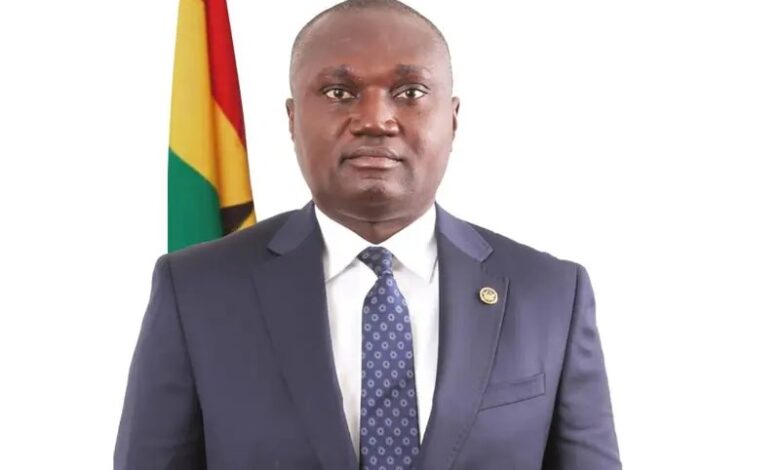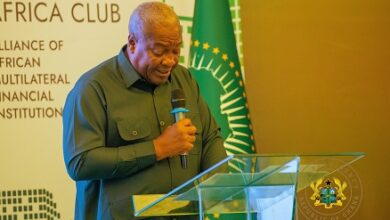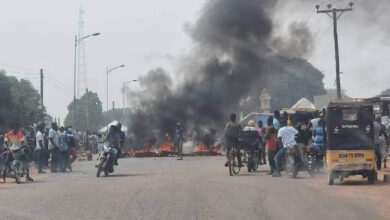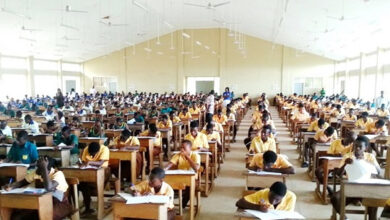This move was politically targeted – Abirem MP tells Parliament over radio stations shut-down

Member of Parliament for Abirem, Charles Asuako Wiredu, has strongly criticised the National Communications Authority (NCA) over its decision to shut down more than 60 radio stations across the country, describing the move as “politically motivated” and “arbitrary.”
The lawmaker made his remarks during a parliamentary session on Thursday, June 13, shortly after Minister of Communications and Digitalisation, Sam George, delivered an official statement justifying the mass license withdrawals.
“Mr Speaker, these are settings. We think that the decision is arbitrary. There was no need for the initial statement to ban these radio stations,” Wiredu argued.
“You could as well have spoken to these radio stations, issued a statement, giving them this clemency and some time to fulfil all the payments they are supposed to make.”
He further questioned the neutrality of the decision, suggesting that it disproportionately targeted stations affiliated with political opponents.
“From outside, we think that this decision was not taken with the right mind. We think that it was targeted at some political party — political party people who own radio stations.”
Earlier in the day, the NCA directed more than 60 FM radio stations to immediately cease operations for breaching broadcasting regulations.
The shutdown order followed a nationwide compliance audit which revealed various violations — ranging from expired licenses and unpaid regulatory fees to failure to meet operational requirements.
“The rules apply to everyone—no exceptions,” the Authority warned, emphasizing that compliance is mandatory and non-negotiable.
According to the NCA, stations continuing to operate without proper authorization would face severe penalties, including permanent license revocation.
In response to the backlash, Minister Sam George assured Parliament that the decision was not politically motivated, stating that “our fight is not against free speech, it is against lawlessness, asse.t misappropriation, and regulatory defiance.”
He also announced a 30-day grace period for affected stations to correct the breaches and regularize their operations, following a directive from the President.
Still, critics like Charles Wiredu insist the move has a political undertone and raises questions about selective enforcement.
With major media houses like Wontumi Radio and Asaase Radio — perceived to have ties to opposition figures — among the affected, the debate over media freedom, regulation, and political interference is far from over.




